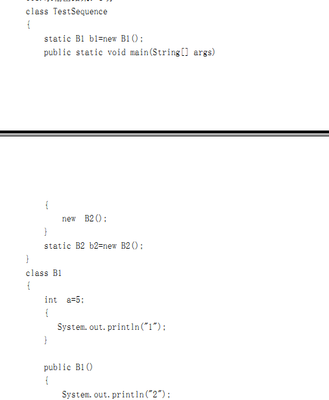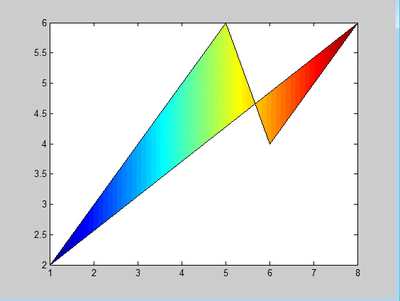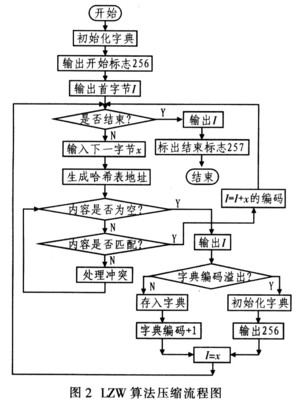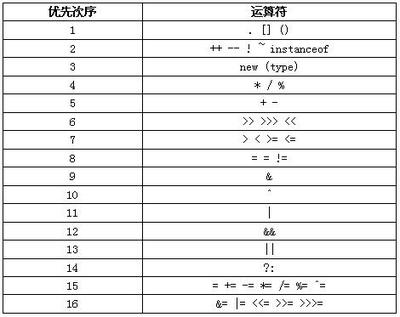在Csharp中使用C++编写的类(zt)
现在在Windows下的应用程序开发,VS.Net占据了绝大多数的份额。因此很多以前搞VC++开发的人都转向用更强大的VS.Net。在这种情况下,有很多开发人员就面临了如何在C#中使用C++开发好的类的问题。下面就用一个完整的实例来详细说明怎样用托管C++封装一个C++类以提供给C#使用。
比如,现在有一个工程名为NativeCppDll的由C++编写的DLL,里面输出了一个CPerson类。下面是具体的代码: 1. // NativeCppDll.h
2. #pragma once
3. #ifndef LX_DLL_CLASS_EXPORTS
4. #define LX_DLL_CLASS __declspec(dllexport)
5. #else
6. #define LX_DLL_CLASS __declspec(dllimport)
7. #endif
8. class LX_DLL_CLASS CPerson
9. {
10. public:
11. CPerson();
12. CPerson(const wchar_t *pName, const wchar_t cSex, int iAge);
13. void SetName(const wchar_t *pName);
14. wchar_t * GetName();
15. void SetSex(const wchar_t cSex);
16. wchar_t GetSex();
17. void SetAge(int iAge);
18. int GetAge();
19. wchar_t * GetLastError();
20. private:
21. wchar_t m_szName[128];
22. wchar_t m_cSex;
23. int m_iAge;
24. wchar_t m_szLastError[128];
25. void ShowError();
26. };
27. // NativeCppDll.cpp
28. #include "stdafx.h"
29. #include "NativeCppDll.h"
30. #include <iostream>
31. #include <tchar.h>
32. using namespace std;
33. CPerson::CPerson()
34. {
35. wcscpy_s(m_szName, _T("No Name"));
36. m_cSex = 'N';
37. m_iAge = 0;
38. wcscpy_s(m_szLastError, _T("No Error"));
39. }
40. CPerson::CPerson(const wchar_t *pName, const wchar_t cSex, int iAge)
41. {
42. wcscpy_s(m_szLastError, _T("No Error"));
43. SetName(pName);
44. SetSex(cSex);
45. SetAge(iAge);
46. }
47. void CPerson::SetName(const wchar_t *pName)
48. {
49. if ((pName == NULL) || (wcslen(pName) == 0) || (wcslen(pName) > 127))
50. {
51. wcscpy_s(m_szName, _T("No Name"));
52. wcscpy_s(m_szLastError, _T("The length of the input name is out of range."));
53. ShowError();
54. return;
55. }
56. wcscpy_s(m_szName, pName);
57. }
58. wchar_t * CPerson::GetName()
59. {
60. return m_szName;
61. }
62. void CPerson::SetSex(const wchar_t cSex)
63. {
64. if ((cSex != 'F') && (cSex != 'M') && (cSex != 'm') && (cSex != 'f'))
65. {
66. m_cSex = 'N';
67. wcscpy_s(m_szLastError, _T("The input sex is out of [F/M]."));
68. ShowError();
69.
70. return;
71. }
72. m_cSex = cSex;

73. }
74. wchar_t CPerson::GetSex()
75. {
76. return m_cSex;
77. }
78. void CPerson::SetAge(int iAge)
79. {
80. if ((iAge < 0) || (iAge > 150))
81. {
82. m_iAge = 0;
83. wcscpy_s(m_szLastError, _T("The input age is out of range."));
84. ShowError();
85. return;
86. }
87. m_iAge = iAge;
88. }
89. int CPerson::GetAge()
90. {
91. return m_iAge;
92. }
93. wchar_t * CPerson::GetLastError()
94. {
95. return m_szLastError;
96. }
97. void CPerson::ShowError()
98. {
99. cerr << m_szLastError << endl;
100. }
这是一个很典型的由C++开发的DLL,输出一个完整的C++类。如果现在要求开发一个C#工程,需要用到这个DLL中输出的C++类CPerson,该怎么办呢?针对这个例子来说,类CPerson非常小,可以用C#重新写一个跟这个C++类一样的类。可是,如果需要的C++类很大,或者很多的时候,重写工程将非常庞大。而且这样没有对现有的代码进行重用,浪费了现有资源,开发起来费时费力。
当然,还是有方法解决这个问题的。那就是用托管C++将C++类给封装一下,然后再提供给C#来使用。下面就用代码来详细说明怎样用托管C++来封装上面的那个C++类。
首先,要创建一个托管C++的DLL工程ManageCppDll,然后在里面添加下面的代码:
1. // ManageCppDll.h
2. #pragma once
3. #define LX_DLL_CLASS_EXPORTS
4. #include "..NativeCppDllNativeCppDll.h"
5. using namespace System;
6. namespace ManageCppDll
7. {
8. public ref class Person
9. {
10. // 包装所有类CPerson的公有成员函数
11. public:
12. Person();
13. Person(String ^ strName, Char cSex, int iAge);
14. ~Person();
15. property String ^ Name
16. {
17. void set(String ^ strName);
18. String ^ get();
19. }
20. property Char Sex
21. {
22. void set(Char cSex);
23. Char get();
24. }
25. property int Age
26. {
27. void set(int iAge);
28. int get();
29. }
30. String ^ GetLastError();
31. private:
32. // 类CPerson的指针,用来调用类CPerson的成员函数
33. CPerson *m_pImp;
34. };
35. };
从这个头文件就能看出来,这是对C++类CPerson的包装。类Person的所有公有成员函数都跟C++类CPerson一样,只不过成员函数的参数和返回值就改成了托管C++的类型,这也是让类Person能在C#中使用的首要条件。当然只需要对公有成员函数进行封装,对于保护成员函数和私有成员函数则不必做任何封装。
类Person仅有一个私有的成员变量:一个类CPerson的指针。而类Person的所有成员函数的实现都是靠这个CPerson指针来调用类CPerson的相应成员函数来实现。
下面是具体的实现代码:
1. // ManageCppDll.cpp
2. #include "stdafx.h"
3. #include "ManageCppDll.h"
4. #include <vcclr.h>
5. namespace ManageCppDll
6. {
7. // 在构造函数中创建类CPerson的对象并在析构函数中将该对象销毁
8. // 所有的成员函数实现都是通过指针m_pImp调用类CPerson的相应成员函数实现
9. Person::Person()
10. {
11. m_pImp = new CPerson();
12. }
13. Person::Person(String ^ strName, Char cSex, int iAge)
爱华网www.aIhUaU.com网友整理上传,为您提供最全的知识大全,期待您的分享,转载请注明出处。 爱华网
爱华网



